Beer is Art | Documentary Explores Fermentation, Culture & Community
When Obakeng Malope launched her highly ambitious Beer is Art project back in 2022, her focus was on raising money to educate young people in South Africa about the art of brewing, offering them career opportunities in the burgeoning South African craft beer market.
While she gathered international and local collaborators to her cause, Malope was always keen to stress the significance of brewing in African culture, specifically the cultural importance of traditional sorghum-based Bojalwa jwa Setswana, or Umqombothi, which is brewed by women, including Malope’s grandmother.
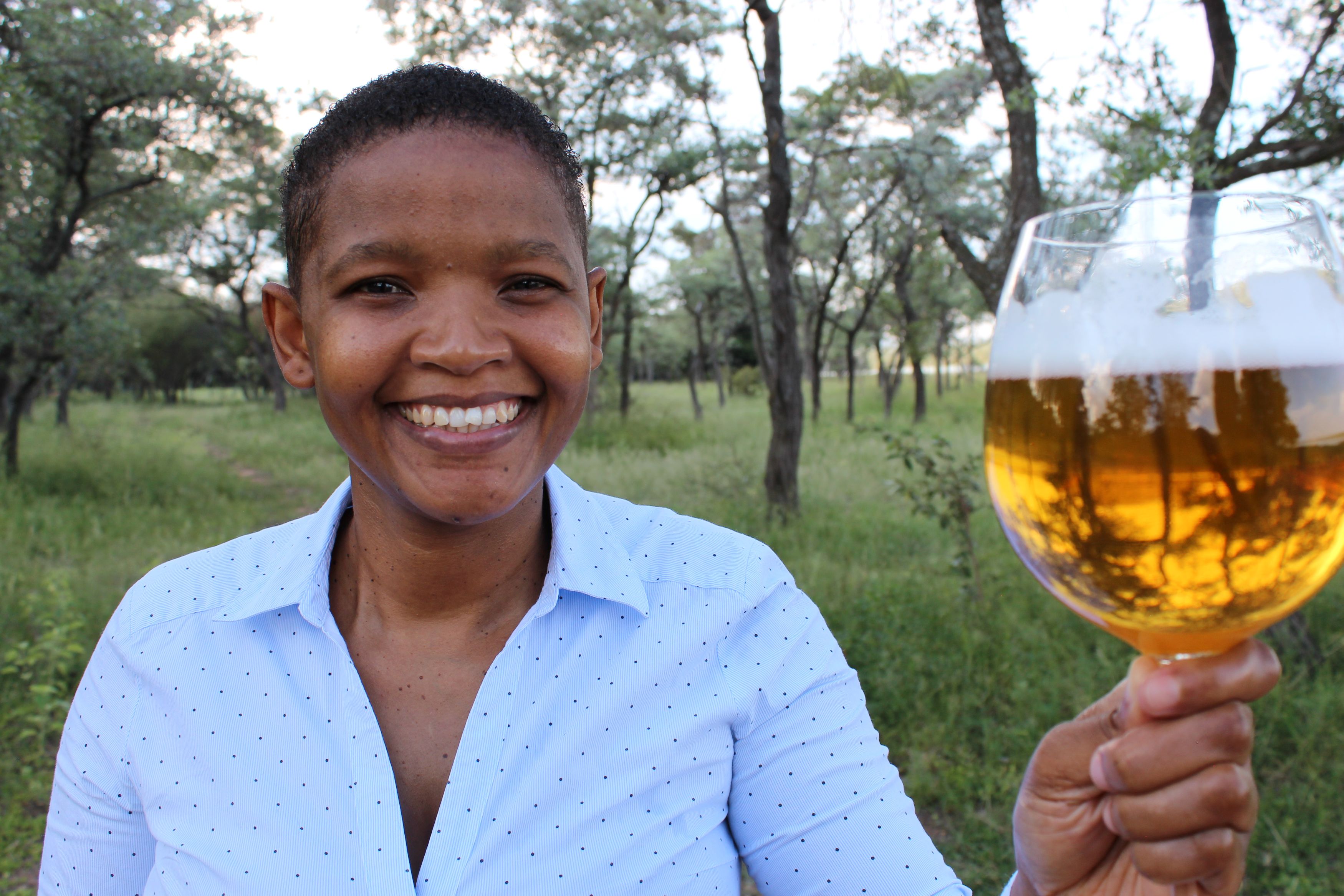
In her first beer-focused feature film, Malope returns to her home village of Jericho, in the northwest province of South Africa, to explore how her heritage has shaped her connection to beer and how South African brewing culture is deeply interrelated with folk mythology and tradition running back through generations of women.
She also uses the film as a space to interrogate colonial assumptions about brewing knowledge and expertise, and a call to the younger generation of South Africans to remain connected to their cultural heritage and knowledge.
Brewers and storytellers
“In my village, women are brewers and they are storytellers,” Malope explains at the start of the film, before we see her grandmother brewing Setswana. Narrated in the first person, Malope’s journey home gives the viewer a unique and personal insight into Setswana brewing as we follow her grandmother around her kitchen through each step of the brewing process.
Malope interviews several other older women from her own tribe, the Tswana, and the nearby Tsonga tribe about their experiences of brewing Setswana and the individual, slightly varied approaches that were passed to them by their mothers and grandmothers.
Familiar yet distinct
For brewers and homebrewers, the process of brewing Setswana will feel very familiar despite the backdrop of a rural South African kitchen. Malope’s attention to detail engages the viewer and successfully highlights the key similarities in the brewing process, despite the very different grains and utensils, something she returns to at the end of the film.

Mythmaking and storytelling is central to the film, as Malope interviews these women, asking them about the stories their grandmothers told them and filming their folk tales interspersed with shots of dramatic scenery and local wildlife including lions, giraffes and monkeys. One key story the women tell is of Mamogaswa, a water-based spirit who could be a mermaid or snake, who is provoked to violence by fishing in her waters. These, Malope infers, are the stories generations of women have historically shared as they brew together.
The roots of knowledge
On returning to Johannesburg, Malope notes the similarities and differences between local brewing in Jericho and the setup of a modern craft brewery, expressing frustration that Africans are, in essence, having their own culture, heritage and technology repackaged and sold back to them. In the film’s conclusion, Malope cuts shots of her grandmother’s process with those of the craft brewing process, demonstrating the indigenous African knowledge of processes like malting, kilning and krausening—and emphasizing how such knowledge is omitted in brewing study texts.
The film is a journey with Malope as she brings together her identities as a descendant of female Setswana brewers and a craft beer brewer—as well as an advocate ensuring the link between the two remains unbroken.
“I went to the city of Johannesburg to study filmmaking only to find I had left a storyteller at home. I went to the city of Johannesburg to study beer brewing only to find I had left a brewer at home,” she explains towards the end of the film.
For Malope, the key purposes of her film are to share her history and its significance and to establish an understanding of African brewing heritage as independent from the processes brought in by foreigners.
‘Ours in the first place’
“The main thing that I want people to know is that we in Africa have always been brewing beer,” Malope says. “We are not profiled or recognized. Our forefathers know the scientific process of making beer even if they cannot explain it. It took the ones who study beer to tell them about science that they were unknowingly doing.”
“So, no one can say we took this idea from someone else.”
Malope continues: “Also, if the youth cannot embrace our indigenous storytelling techniques, indigenous stories and indigenous beer brewing techniques someone else will come take our ideas and own them. And we would have to pay that person to use those ideas that were ours in the first place.”
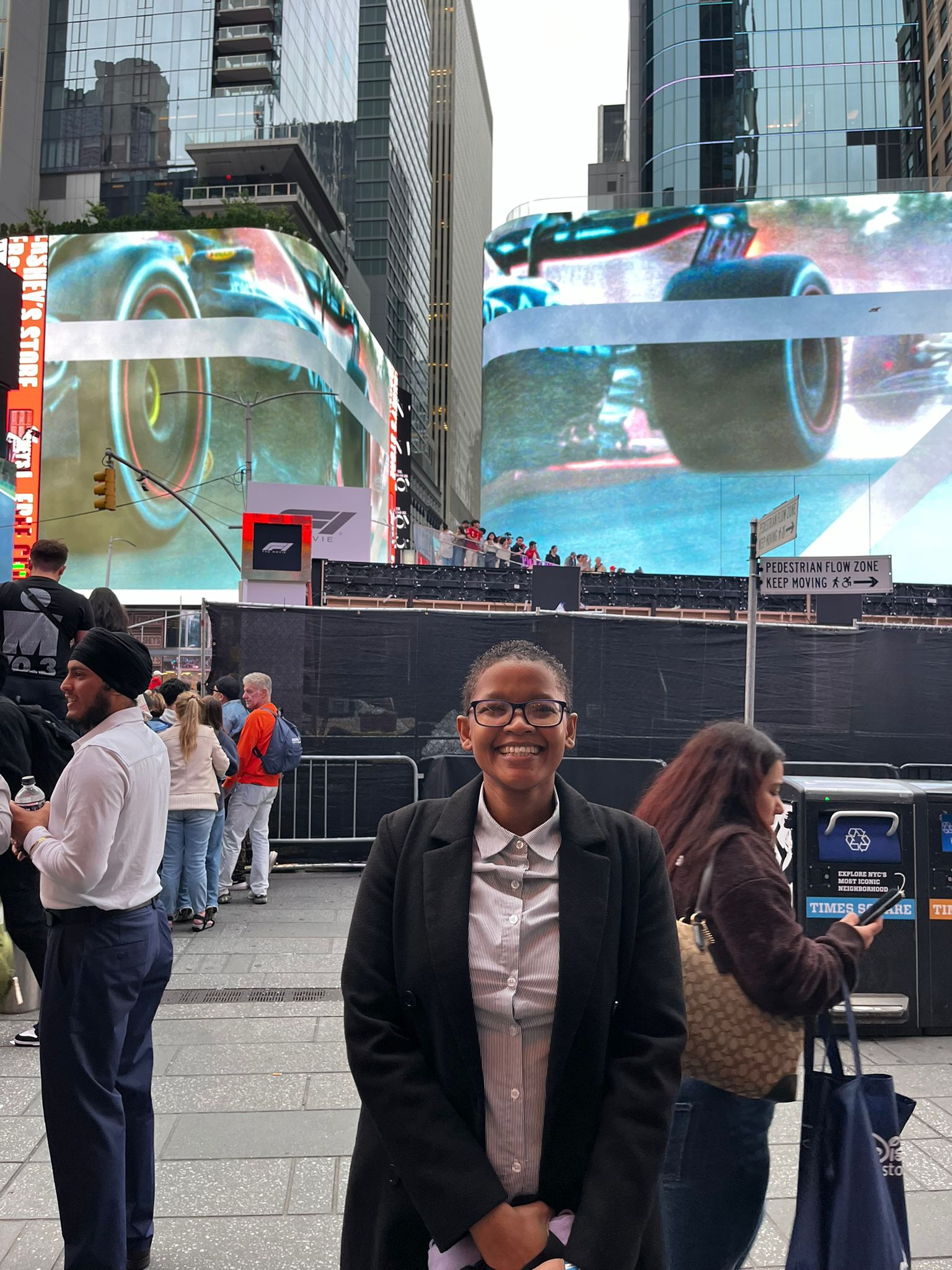
You can watch Beer Is Art on YouTube, or catch screenings at New Jersey’s Montclair Brewing on June 27 or Philadelphia’s Yards Brewing on June 23. You can donate to Beer Is Art using PayPal.


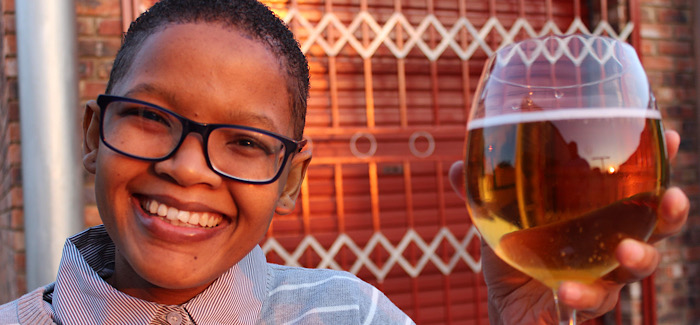


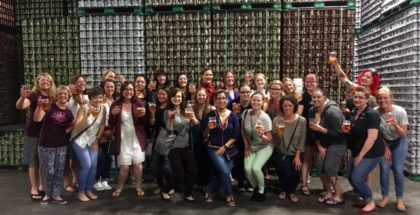
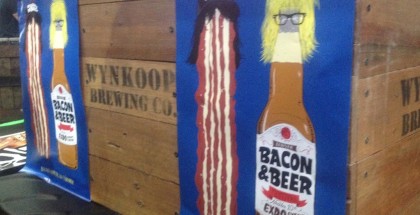
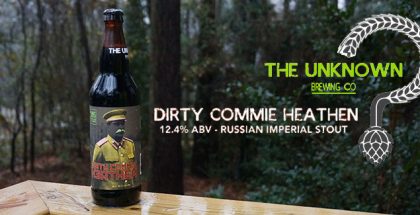
Submit a Comment